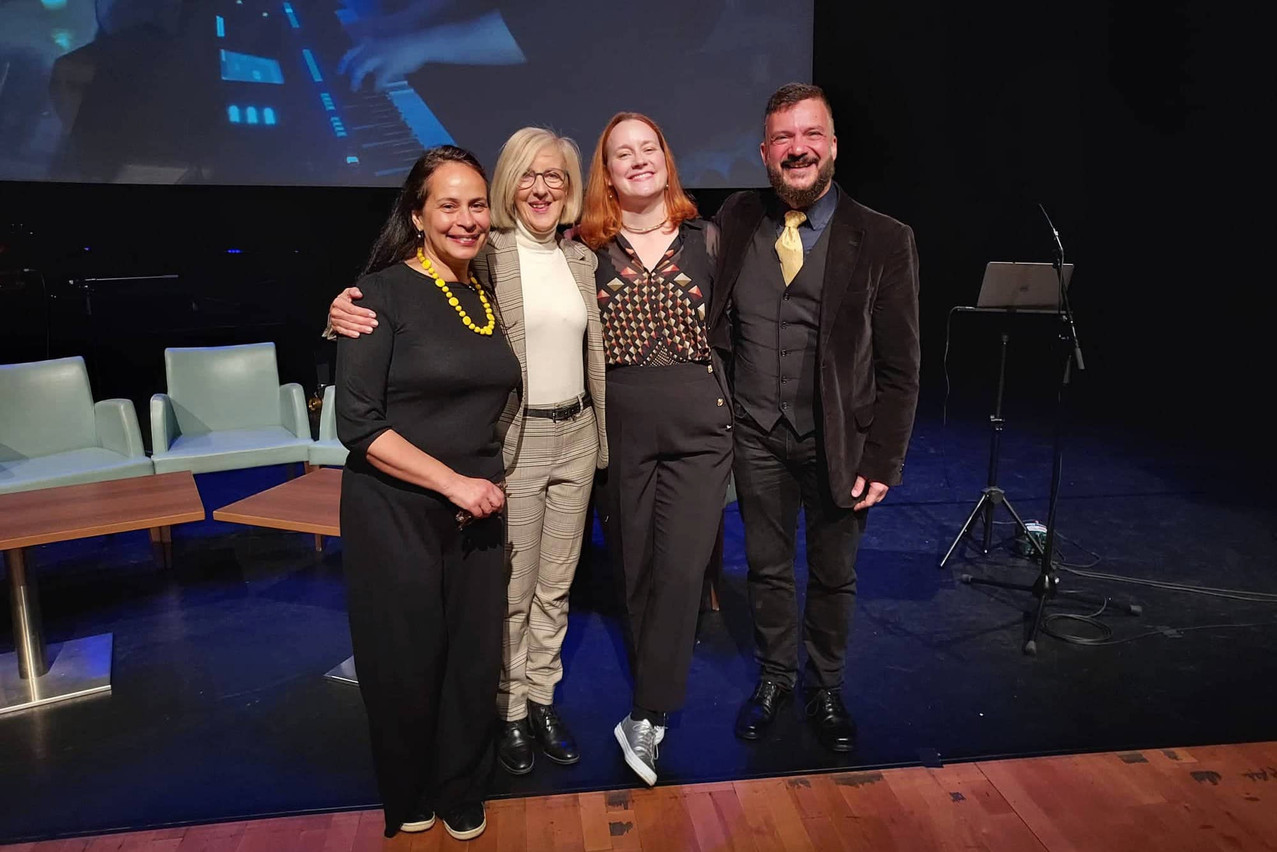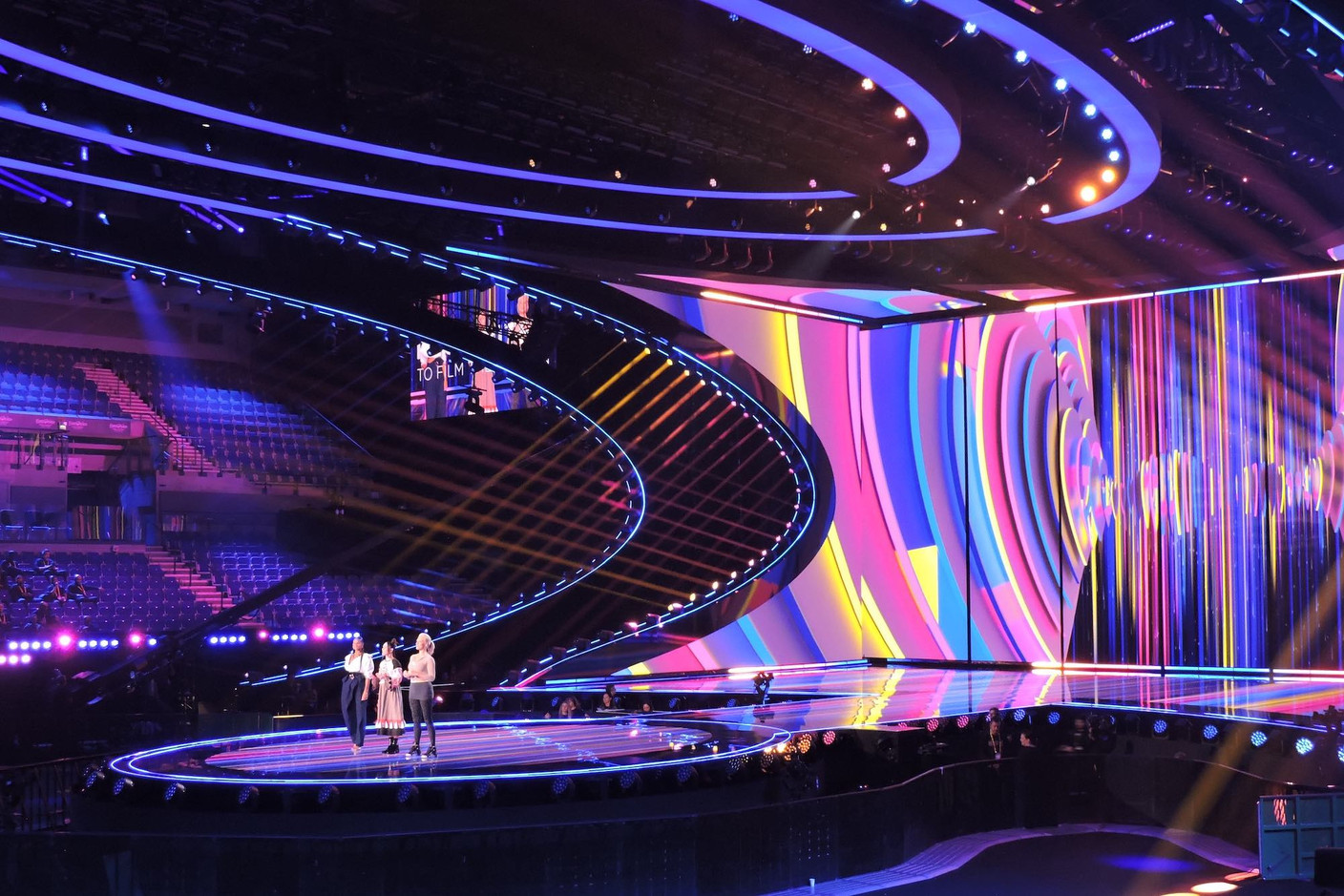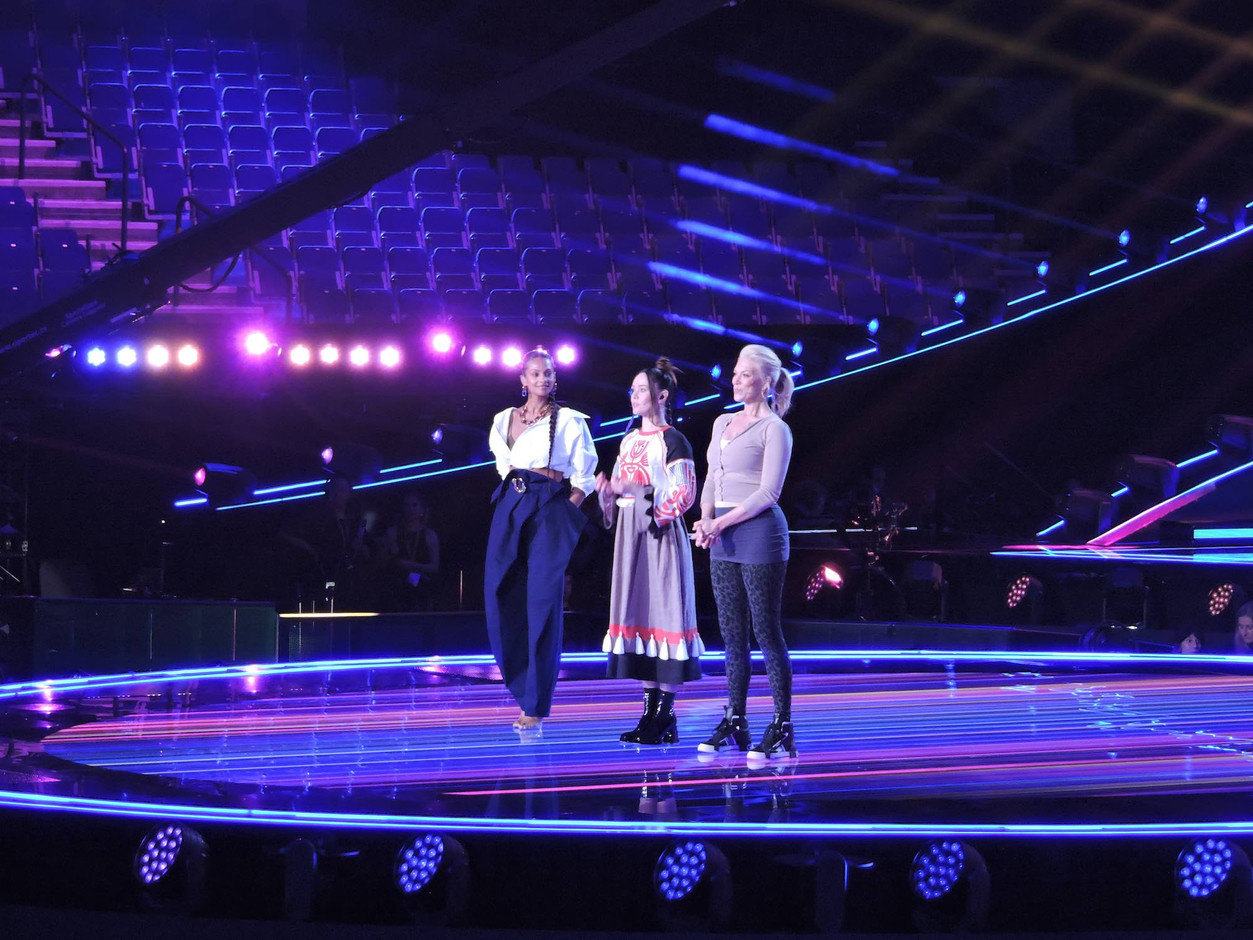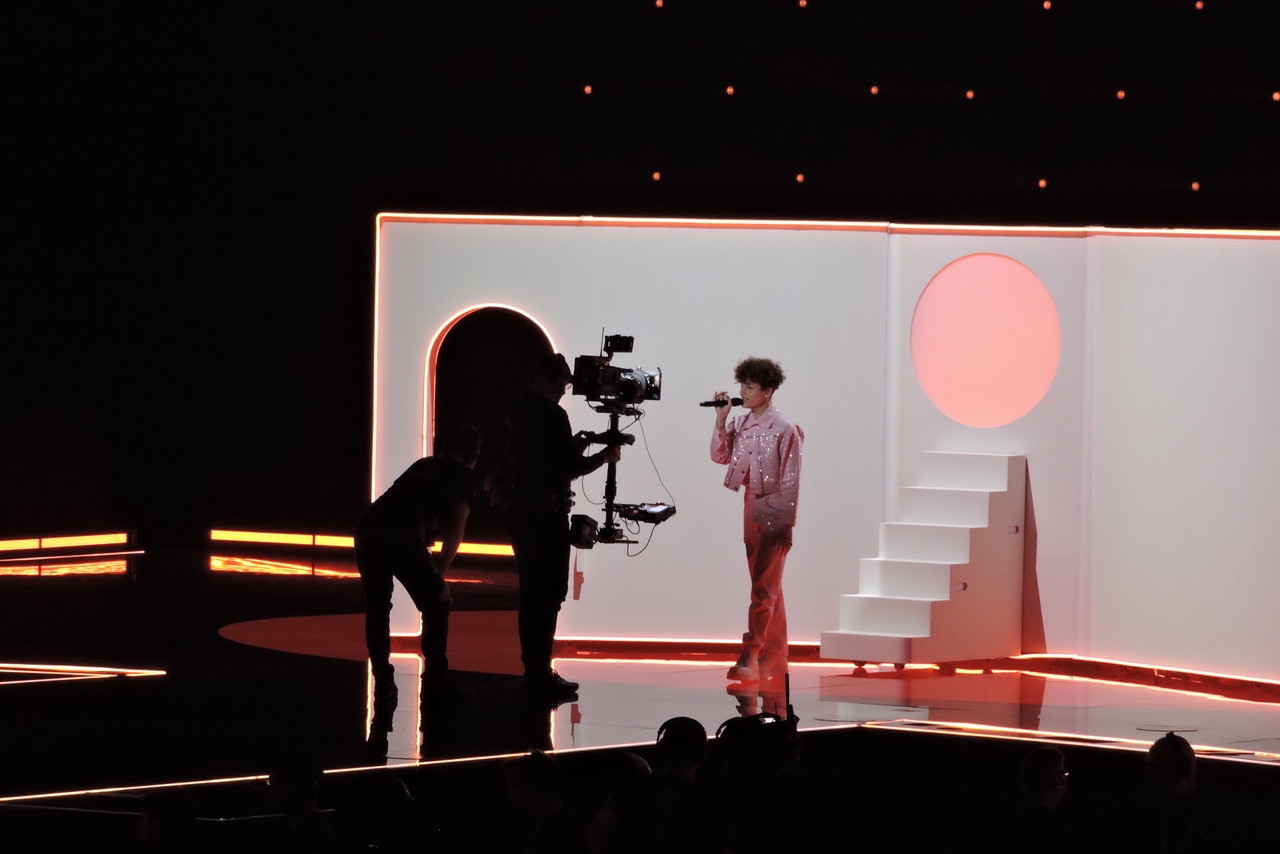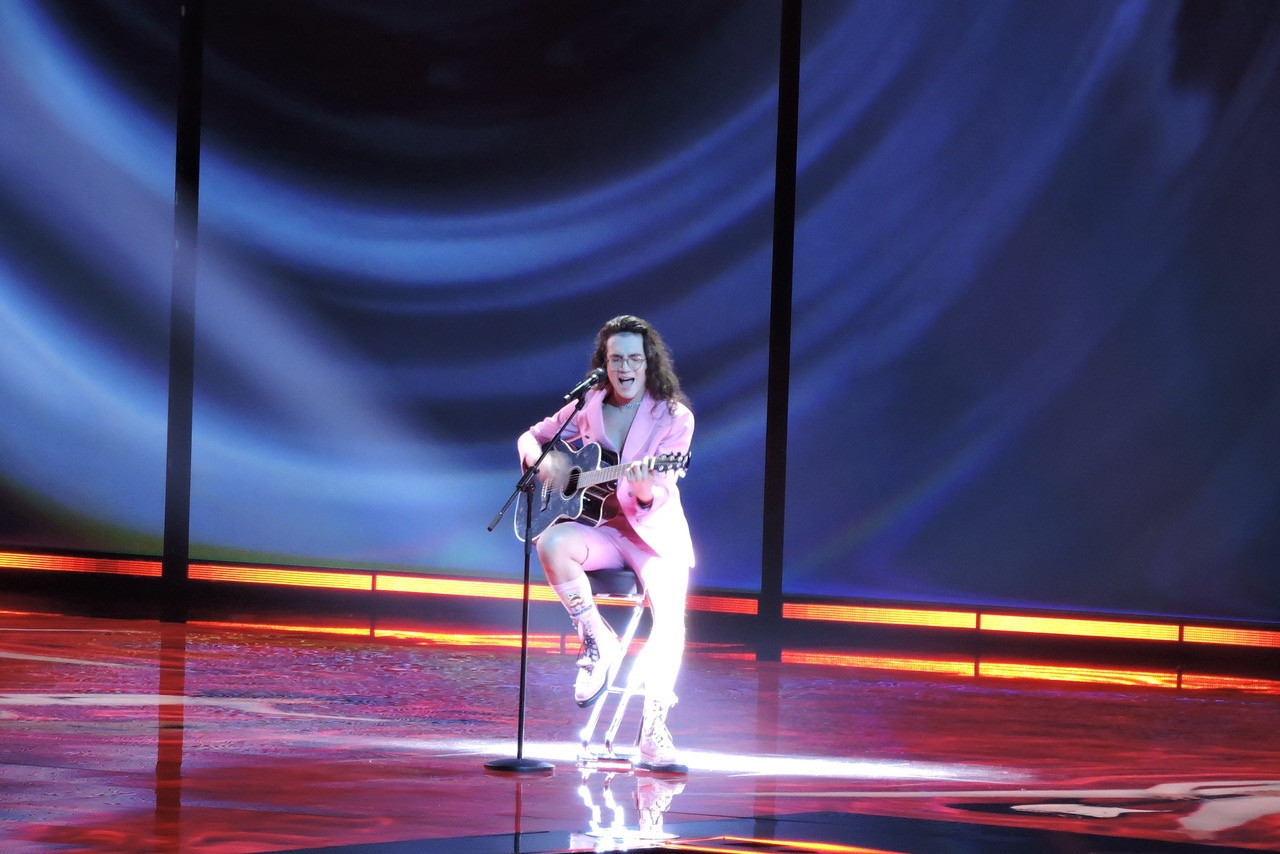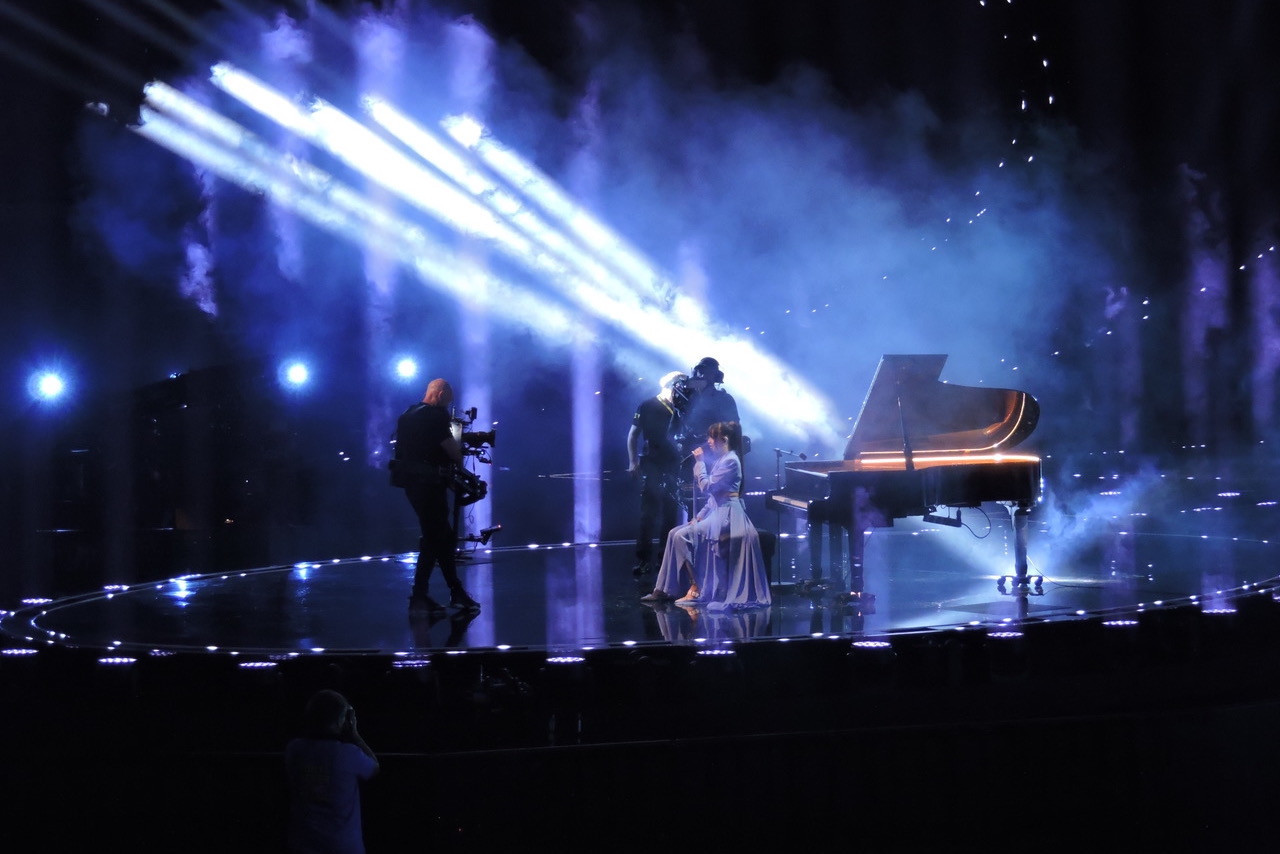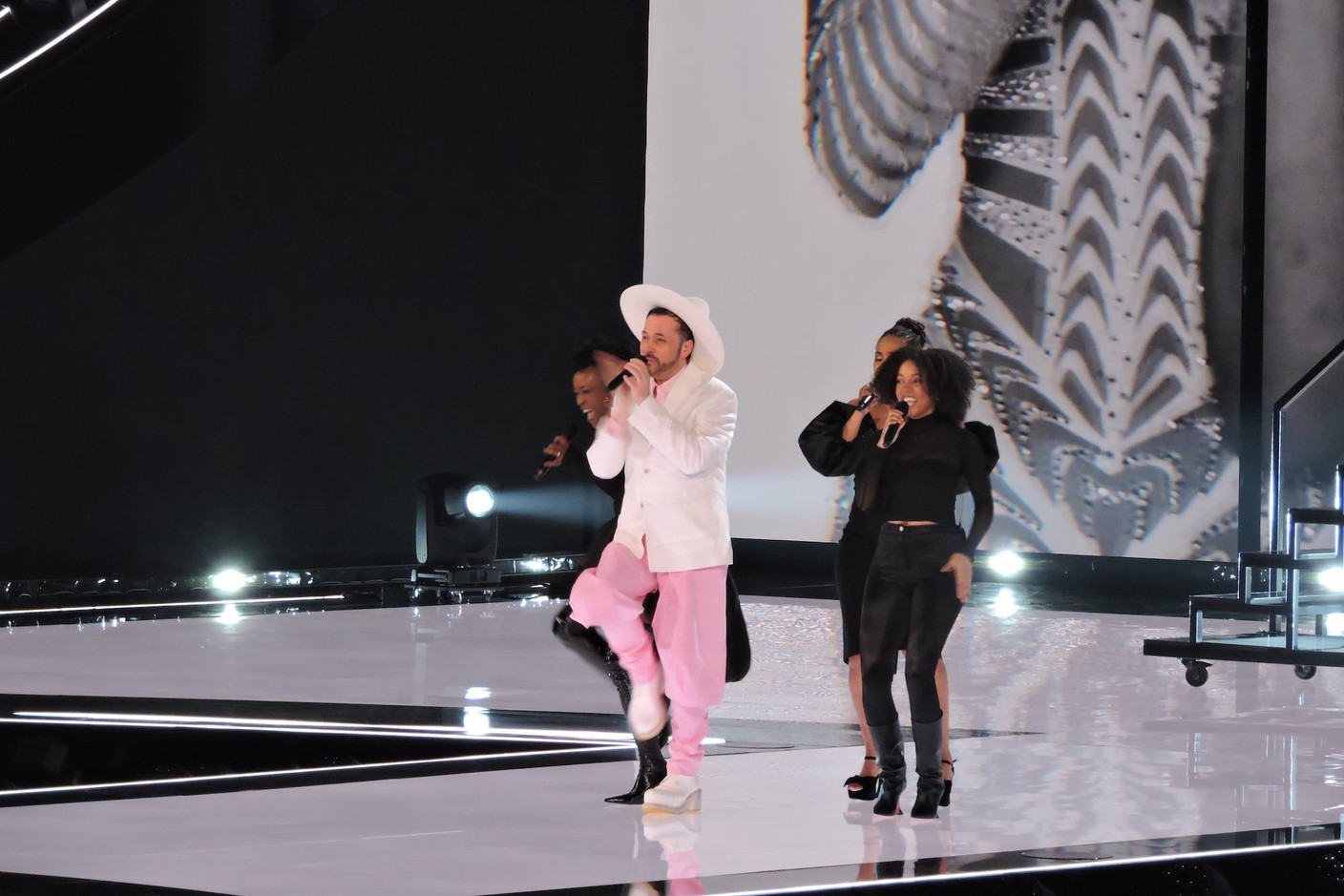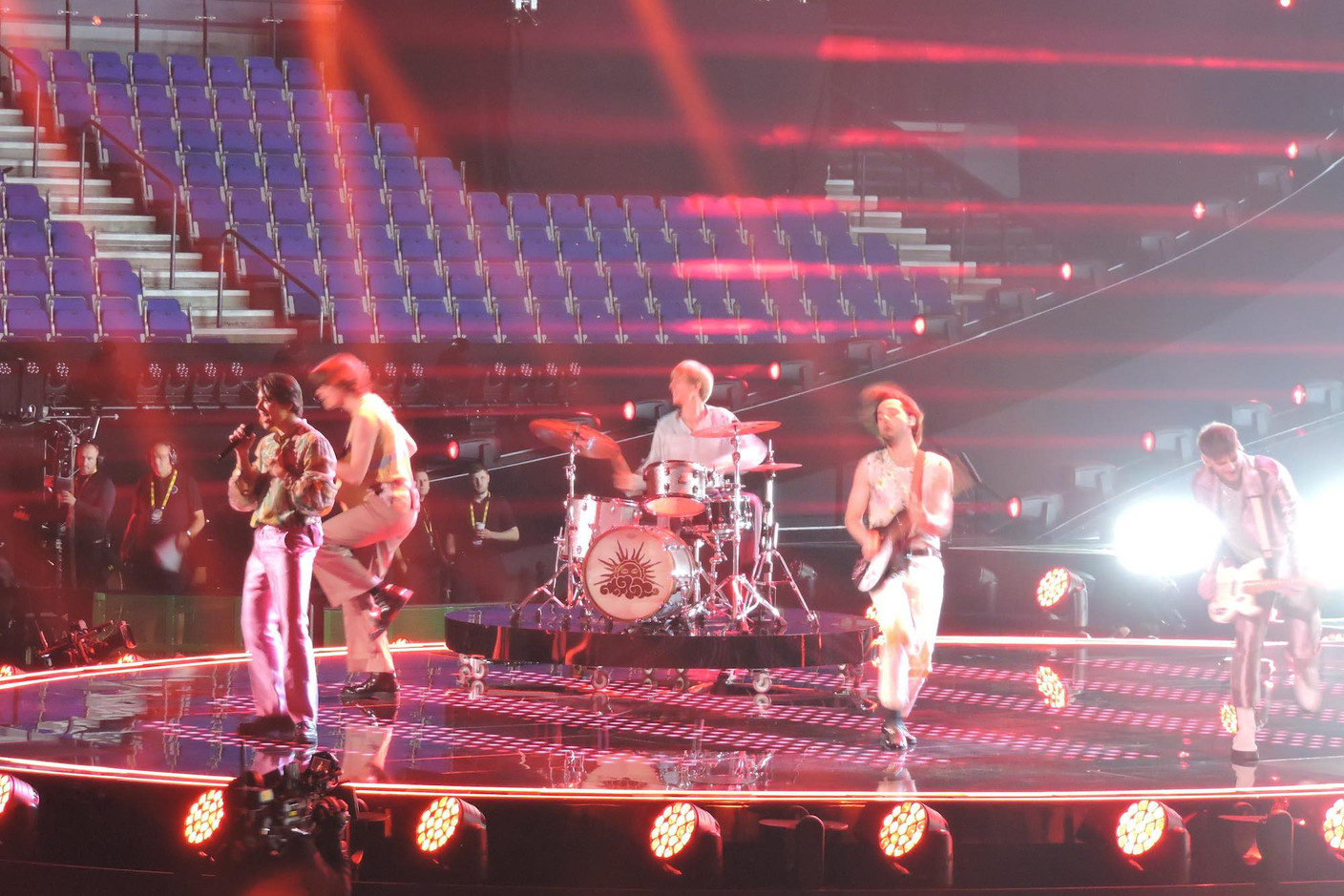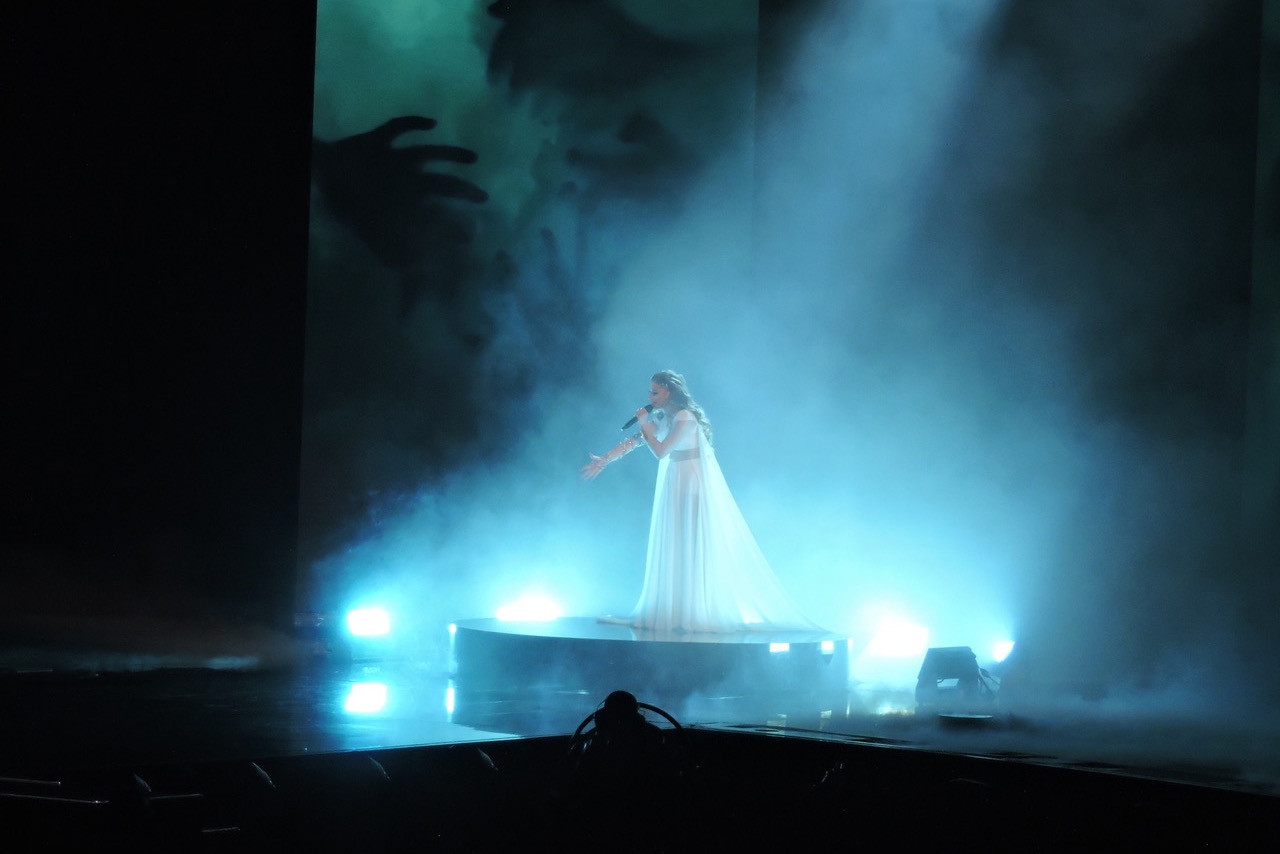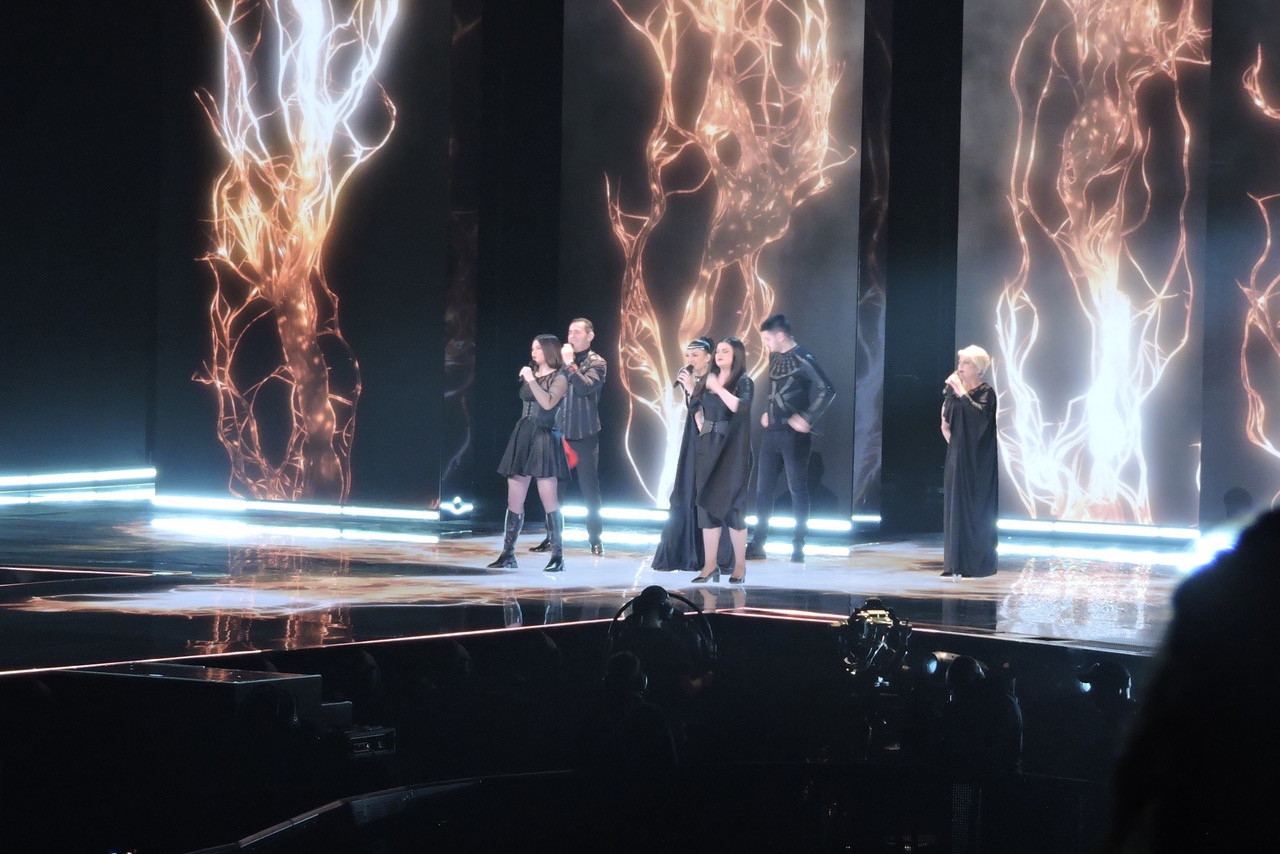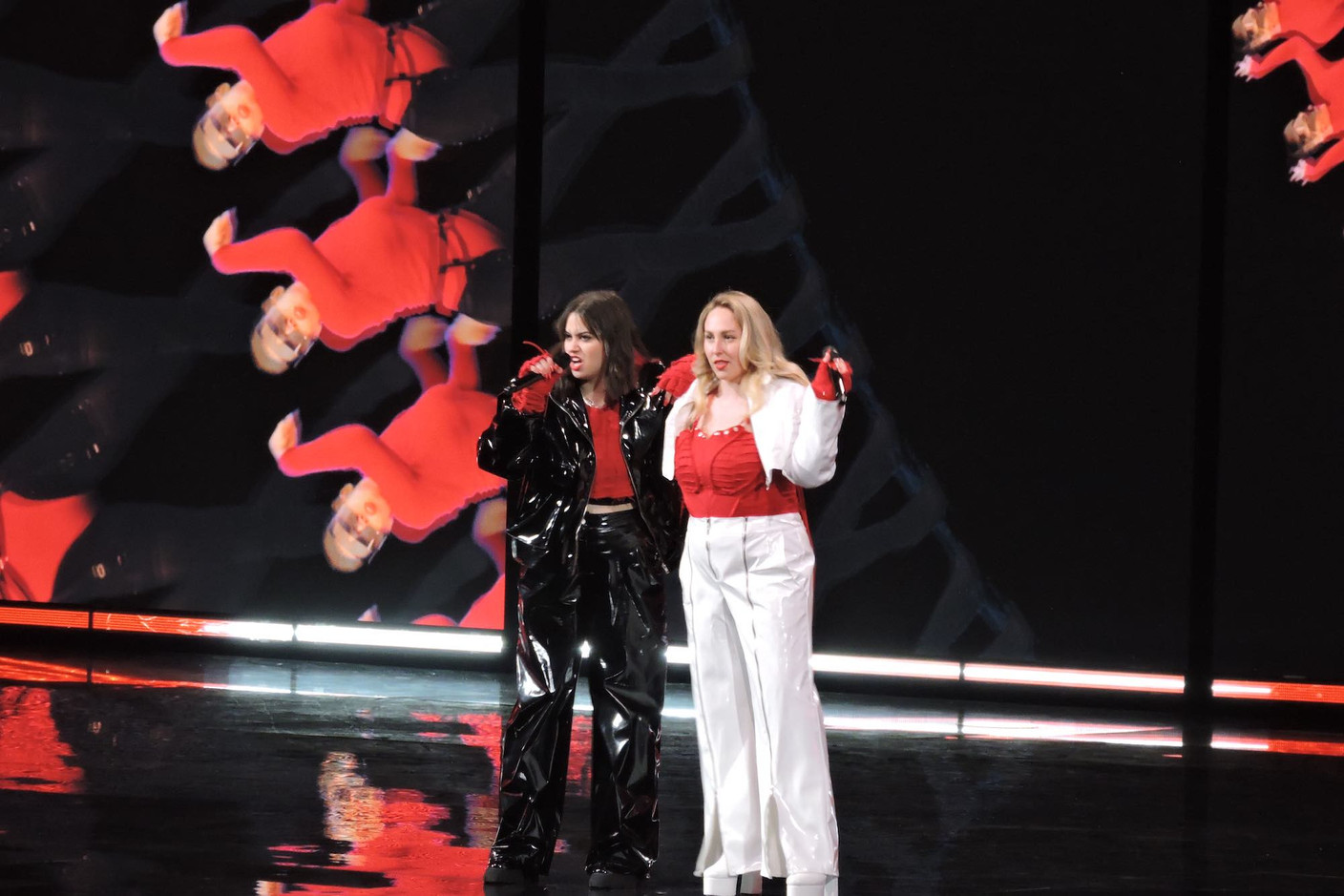The theme of the 6th Eurovisions International Conference, which ended in Liverpool on Wednesday, was: “Representing oneself and the other: How Eurovision is shaping the perception of countries and cultures”. To discuss this and present their latest studies were researchers from Germany, the US, UK, Portugal and Ukraine. They covered topics from Eurovision brand management and its use of visual design, to teaching modern European history and culture through Eurovision, and understanding the national self-representation of the post-Yugoslav space in the Eurovision Song Contest.
Surprising as it may seem, this is only a glimpse of what academics have studied in recent years. Research has, for example, shown that when a country participates in the Eurovision Song Contest, this is associated with a higher life satisfaction among the population. Another study found there was a positive swing in investor sentiment in the winning country of Eurovision. Yet another concluded that results of the Eurovision Song Contest were a robust predicator of bilateral trade. Research has also showed that 80% of Eurovision fans suffer from post-event depression and a third display decreased work performance at the end of the contest.
‘Academic view has evolved’
“It is funny how the academic view on Eurovision has evolved”, said Paul Jordan, AKA , who was one of the first in the UK do to his PhD on a Eurovision topic (“The Eurovision Song Contest: Nation Building and Nation Branding in Estonia and Ukraine”). “I was nearly laughed off when I started my research and would have a hard time getting invited to conferences and so on. But that has all changed. There are constantly new studies and I think there is also a growing academic interest in terms of Eurovision and the war in Ukraine or Brexit, for example. The rise of scholarly interest also goes hand in hand with a rise of general interest in the contest. Here in the UK at least, we have turned a corner, and even more so since we came second last year, are hosting this year, and with the BBC having taken the stand not to make fun of Eurovision anymore.”
The team organising the conference in Liverpool this week agreed it has become more accepted to study the various aspects of Eurovision and easier to be taken seriously, including by the scientific community. “There has been academic research on Eurovision since the last decades of the 20th century, however, the ones with more visibility were published in the first decade of this century,” they explained. “This was coincident with the increasingly larger interest that academia began to dedicate to popular culture phenomena in general. At the same time, media became more aware of the importance of the Eurovision Song Contest not only as a song contest but also for its social relevance.”
Indeed, areas that are the most frequently studied in relation to Eurovision are cultural identity, political European structures, nation branding, geopolitics and expression of sexual identities. But researchers are not the only ones who see beyond the simple song contest. The head of delegation of the EU to the UK, Pedro Serrano, will host a panel discussion in Liverpool on Thursday about “Eurovision as a tool of diplomacy”.
Thursday evening: the second semi-final
The second semi-final of the 2023 Eurovision Song Contest takes place Thursday evening (at 9pm Luxembourg time) and will eliminate five more countries. In the rehearsals on Wednesday, Belgium’s Gustaph and his upbeat 90s-inspired house track “Because of you” was particularly popular with the audience and should have no problem reaching the finals. Look out also for the Slovenian group Joker Out (who recently recorded a song with Elvis Costello) and their song “Carpe Diem”. And, of course, do not miss the epic Austrian entry: “Who the hell is Edgar”, which tackles topics such as ghostwriting, the difficulty of being a woman in a male-dominated industry and how streaming services make it difficult for songwriters to make a living.
Running order: Denmark, Armenia, Romania, Estonia, Belgium, Cyprus, Iceland, Greece, Poland, Slovenia, Georgia, San Marino, Austria, Albania, Lithuania and Australia.
